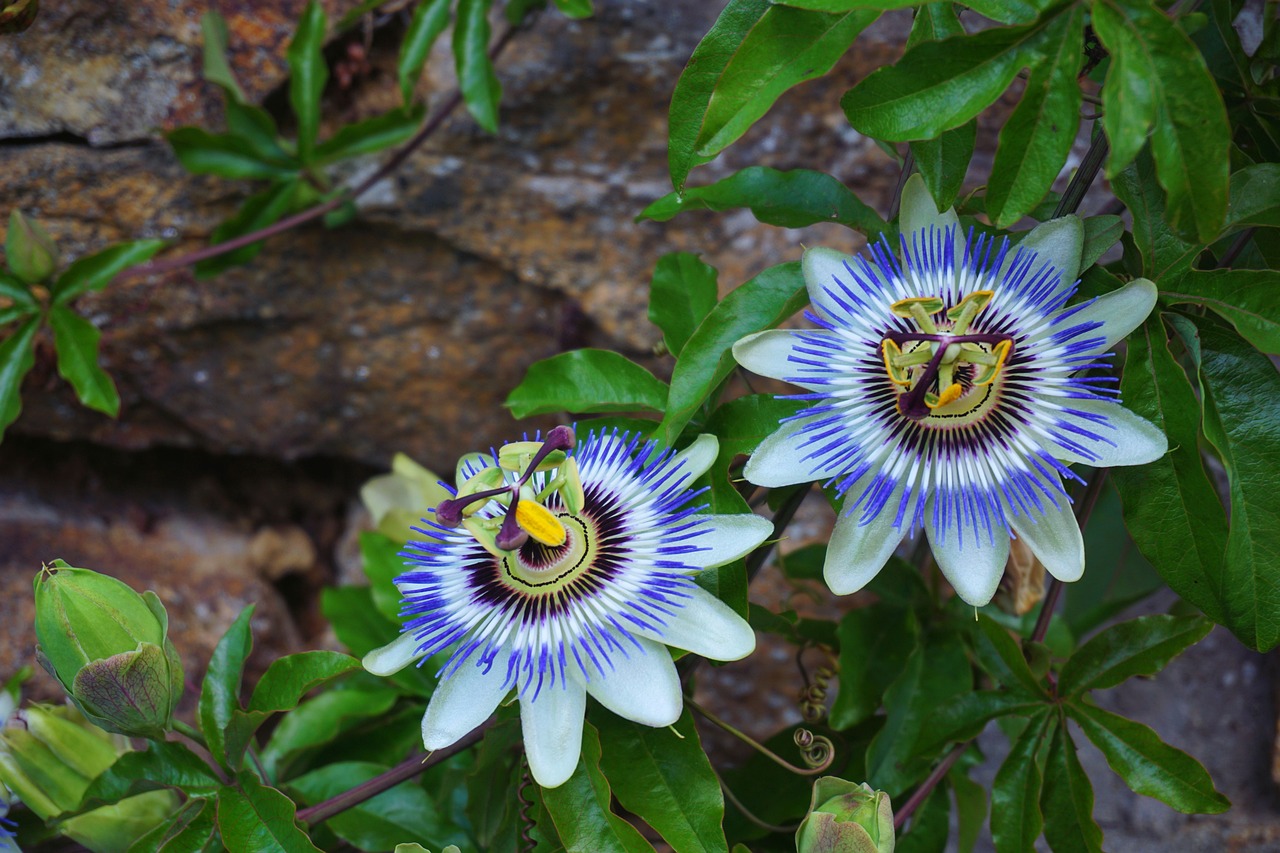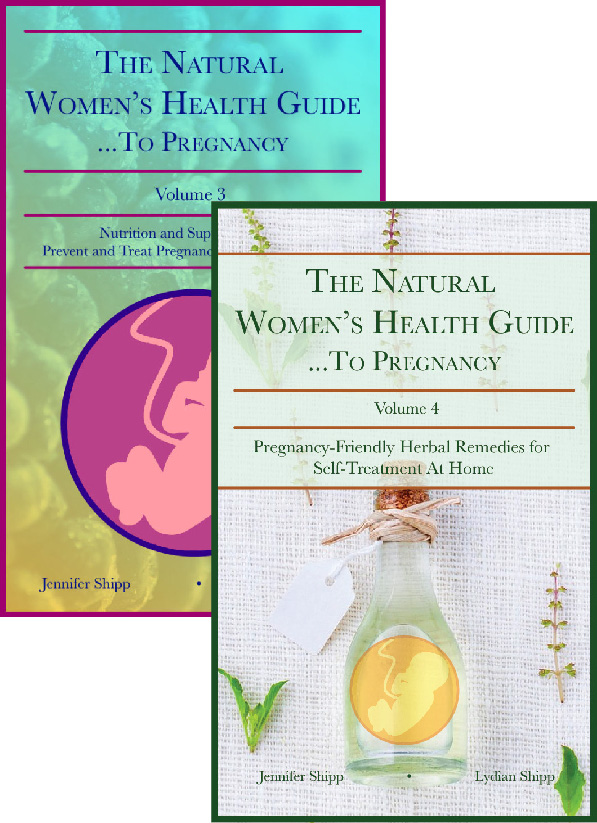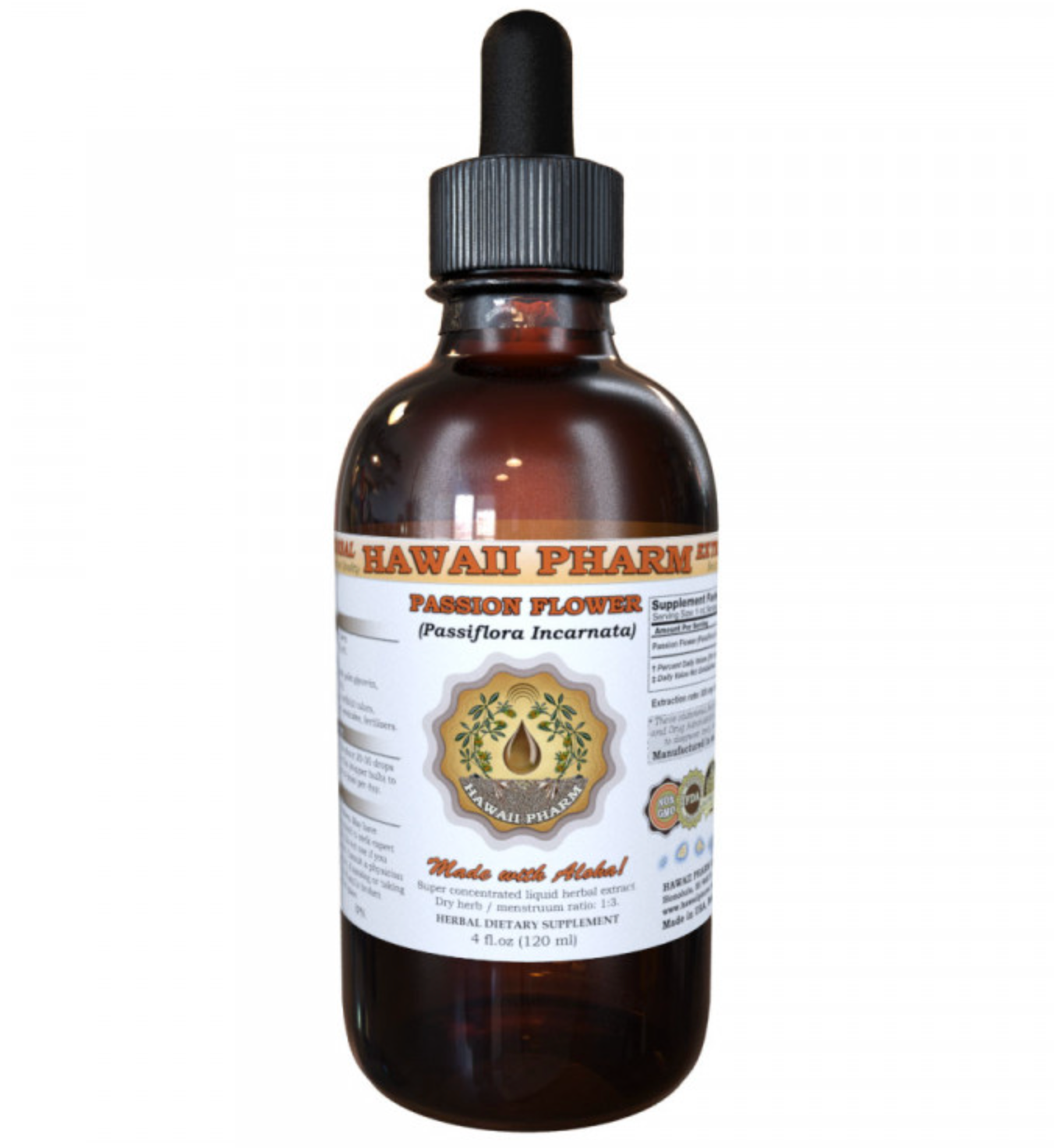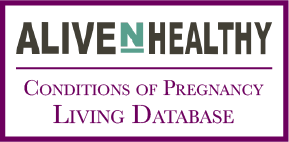 Passionflower Benefits: How to Use Passiflora incarnata Safely and Responsibly During Pregnancy
Passionflower Benefits: How to Use Passiflora incarnata Safely and Responsibly During Pregnancy
According to studies, passionflower does not pose a risk to the fetus during pregnancy. However, some research does indicate that large doses of passionflower can potentially cause uterine contractions. The harmala alkaloids in passionflower are implicated in this contractile effect in the uterus, yet other known abortifacient plants like Syrian rue that also contain these same harmala alkaloids are not thought to exhibit abortifacient effects due to the presence of these particular alkaloids; rather, other constituents in Syrian rue are considered to be the main abortifacient components in the herb. Thus, the argument that the mere presence of harmala alkaloids in Passiflora incarnata makes this herb unsafe during pregnancy isn’t entirely sound.
To further support the idea that harmala alkaloids themselves aren’t necessarily cause for concern during pregnancy, it’s worth noting that the Ayahuasca vine (Banisteriopsis caapi) also contains harmala alkaloids. While few women would (or should, in reality) pursue an Ayahuasca experience during pregnancy, some Ayahuasca churches like Santo Daime allow interested pregnant female members of the “congregation” to drink small doses of sacramental Ayahuasca brews at any time during their pregnancy. Tribal women in the Amazon rainforest also drink Ayahuasca during pregnancy in these lower doses from time to time. These are, of course, anecdotal reports, but given that the Banisteriopsis caapi plant has notably higher levels of harmala alkaloids than passionflower, and large populations of people consider that herb to be safe for their pregnant women in small, reasonable doses, this would lead me to believe that passionflower, too, is safe in small, reasonable doses.

"The Natural Women's Health Guide... to Pregnancy - BUY HERE!"
Passionflower is categorized as a Category B1 substance during pregnancy in Australia, meaning that it has “been taken by only a limited number of pregnant women and women of childbearing age, without an increase in the frequency of malformation or other direct or indirect harmful effects on the human fetus having been observed. Studies in animals have not shown evidence of an increased occurrence of fetal damage.” Other pharmaceutical drugs in Category B1 (for reference as to how conventional medicine views passionflower usage during pregnancy) include cefotaxime, clavulanic acid, azithromycin, deoxycholic acid, desmopressin, dimethyl fumarate, and estriol, among others.
In conclusion, it is my opinion that passionflower should generally be used cautiously and only in low doses during pregnancy, to err on the safe side. That being said, I also believe that in most healthy pregnancies, especially after the first trimester, passionflower is unlikely to pose much risk to the woman or her baby when taken at the appropriate doses.
Women who are at risk of miscarriage or preterm birth may prefer to avoid using passionflower in most cases, unless the risks of not treating a particular condition outweigh the benefits (such as in cases of particularly severe depression). However, women who are considering using this herb should also know that, again, animal studies demonstrate that passionflower is not teratogenic, meaning that it poses no risk of fetal malformations when taken during pregnancy. Thus, like with most herbal medicines, this is a personal decision. Trust your intuition.
Passionflower Medicinal Effects and Uses
Passiflora incarnata contains naturally high GABA levels and therefore works closely with the GABA-ergic neurotransmitter system of the body. GABA, a neurotransmitter, works primarily by relaxing and calming different areas of the body (though of course, especially in the brain and nervous system). GABA neurotransmitters are found primarily in the basal ganglia and cortex in the brain and throughout the central nervous system, though they’re also present in some other areas of the body, such as in liver cells, smooth muscles in the airways, pancreatic islet cells, and even some immune cells. Because of the relatively widespread presence of GABA receptors, this suggests that herbs like passionflower that affect the GABA receptors would also have some kind of an effect in treating conditions in all of these different areas of the body.Flavonoid glycosides in Passiflora incarnata are also thought to be at least partly responsible for the relaxant effects of the herb, particularly in regard to relieving anxiety and pain.
Some of the most notable medicinal effects of Passiflora incarnata include:
- Relaxing nervine
- Sedative
- Hypnotic
- Antispasmodic
- Analgesic
- Anxiolytic
- Adrenal relaxant
- Relieves wakefulness
- Restlessness
- Panic
- Agitation
- Eases neuralgic pain
- Opiate addiction treatment
- Cardiac tonic (when combined with hawthorn)
- Treatment for spasmodic asthma, pneumonia, whooping cough, bronchitis, and related spasmodic respiratory conditions
- Antidiabetic

Passiflora incarnata: Treatment for Insomnia, Anxiety, and Depression During Pregnancy
Passionflower is a powerful sleep promoting herb and an important remedy for anxiety and depression. For more dramatic cases of prenatal anxiety/depression (or insomnia), passionflower may be a good choice to support mental health and well-being. In more mild cases of prenatal anxiety/depression, a dose of 3-5 drops of passionflower tincture, taken on an as-needed basis, can help relieve negative emotions and support healthy sleep patterns and mood.Passiflora incarnata combines well with valerian root (Valeriana officinalis), especially as a treatment for insomnia. Some sources also recommend combining passionflower with hops (Humulus lupulus) in particularly severe cases of insomnia.
Passiflora incarnata: Natural Pain Relief During Pregnancy
Passionflower has pain relief effects and works to relieve neuralgic pain and to relax the adrenals and relieve stress. Its pain-relieving effects are thought to be largely due to the plant’s anti-inflammatory properties in the body, though Passiflora incarnata is also an antispasmodic and muscle relaxant, particularly for the smooth muscles of the body. It depresses the central nervous system, thus relaxing the nerves and relieving stress, neuralgia symptoms, and symptoms of adrenal fatigue. The Conditions of Pregnancy Living Database - NOW AVAILABLE! Click here to learn more...
The Conditions of Pregnancy Living Database - NOW AVAILABLE! Click here to learn more...
Passiflora incarnata: Gestational Diabetes Treatment
Passiflora incarnata contains harmine, an alkaloid with the unique ability to regrow and encourage the replication of pancreatic beta cells. These are the cells that are damaged in pregnant patients with gestational diabetes (as well as in regular diabetic patients), and regrowth of these cells can treat this pregnancy condition effectively. Herbs containing harmine can improve blood sugar levels and glycemic control in women with gestational diabetes. Passionflower is a safe and effective option for women who are pregnant, though readers may also be interested to know that the Ayahuasca vine (Banisteriopsis caapi) and Syrian rue (Peganum harmala) both also contain harmine and have been used to treat both Type 1 and Type 2 diabetes in non-pregnant individuals.Read more about how harmine-containing herbs can cure diabetes in this article.
Passiflora incarnata: Opiate Addiction Treatment During Pregnancy
Addictions of all kinds are a serious thing during pregnancy, and many women who get pregnant while battling with an addiction struggle to find safe and effective options for treatment. People who aren’t pregnant may receive prescription drugs like clonidine to treat opiate withdrawal symptoms, pregnant women may not be able to receive these kinds of drugs due to the potential for these drugs to negatively affect the fetus and/or the woman herself. Besides this, many of these prescription drugs for opiate withdrawal may not be highly effective in the first place, leading to a higher likelihood of future relapses.One study in non-pregnant individuals demonstrated that opiate addicted patients who received treatment with both clonidine and passionflower experienced fewer mental symptoms of opiate withdrawals than patients who received only clonidine. Passiflora incarnata is also regularly used in India as a stand-alone treatment for opiate addiction.
Learn more about other opiate addiction treatments in this article.
Passiflora incarnata: Treatment for ADHD in Pregnant Women
Women with ADHD who become pregnant often find themselves being unable to take their usual medications, and need an alternative to help manage symptoms effectively. Nutrient therapies such as magnesium, the B-complex vitamins, zinc, cod liver oil, amino acid supplements, and others are all ideal for women with ADHD who are pregnant since these are extremely safe (as well as beneficial to both the woman and her growing baby), but some women may want/need other treatments as well. Passiflora incarnata may be a good herbal treatment for particularly severe ADHD symptoms that don’t respond completely to these other nutritional therapies.Studies on children with ADHD have shown that passionflower is at least as effective, if not more effective, in treating ADHD symptoms than the commonly prescribed pharmaceutical methylphenidate. It did not result in any symptoms in the children who took the herb; in contrast, the children who took the methylphenidate experienced side effects like a loss of appetite, anxiety, and nervousness.
Read more about nutritional therapies for ADHD in this article.
Passiflora incarnata: Asthma Treatment During Pregnancy
Traditionally, in India, South America, Mexico, and Italy, Passiflora incarnata is considered an important treatment not only for asthma, but also for whooping cough, bronchitis, and pneumonia. It makes sense that passionflower would have some effects on these kinds of spasmodic respiratory issues since there are GABA receptors in the smooth muscles of the respiratory tract, and passionflower directly acts as a relaxant and antispasmodic throughout the body (though particularly in areas with GABA receptors due to the plant’s high quantities of GABA).One study examined the effects of a methanolci extract of Passiflora incarnata on acetylcholine-chloride induced bronchospasm in guinea pigs. A notable preventative effect on bronchospasms was observed in the animals who received 100mg/kg of the passionflower extract daily over the course of 7 days. Lower and higher doses of passionflower (50mg/kg and 200mg/kg, respectively) demonstrated lesser preventative effects.
Women (and men, and children) with asthma should be know that Lugol’s iodine therapy is a complete asthma cure in many cases. Iodine deficiency can lead to hormonal imbalances that ultimately cause health problems such as asthma, as well as infertility, cancer, autoimmune disease, mental health problems, and much, much more. Read more about Lugol’s iodine as an asthma cure in this article.
Passionflower Dosing During Pregnancy
Passiflora incarnata can be given safely during pregnancy according to the dosing guidelines below. Always start with the lowest dosage and use only as much of the herb as needed to achieve the desired results:- Infusion - Take 1-2 grams per day as an infusion prepared from fresh or dried passionflower leaves.
- Tincture - Take 1.5 - 6ml daily of the tincture.
 Click here to subscribe to the Living Database!
Click here to subscribe to the Living Database!
Resources:

 Passion Flower Tea Organic Calming - Whole Leaf Dried Passionflower - Passiflora Herb for Anxiety - Maypop - Wild Passion Vile - Paciflora Te Pasiflora Tea Organic Passionflower Tea
Passion Flower Tea Organic Calming - Whole Leaf Dried Passionflower - Passiflora Herb for Anxiety - Maypop - Wild Passion Vile - Paciflora Te Pasiflora Tea Organic Passionflower Tea








